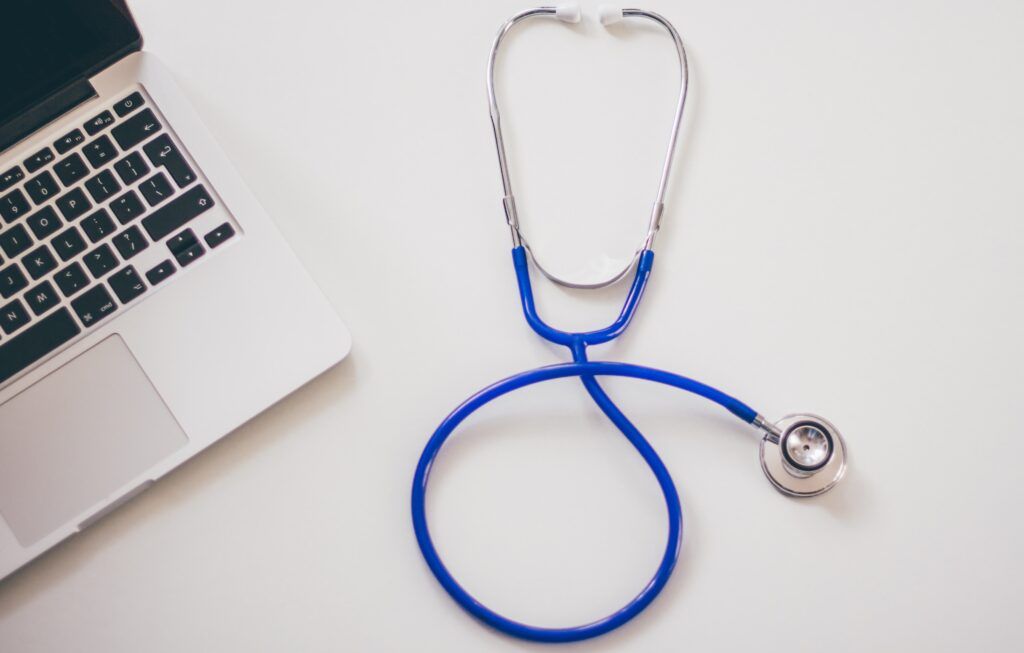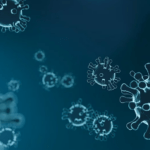After discussing the EU’s response to the impact of the war in Ukraine on public health, ministers exchanged views on the challenges that lie ahead for the EU’s vaccine strategy.
Health and humanitarian situation in Ukraine
The Commission informed delegations about the public health and humanitarian situation in Ukraine and the steps taken by the EU – particularly the setting-up of a solidarity mechanism to transfer Ukrainian patients, access to vaccination against infectious diseases, especially for children, and mental health initiatives.
Ministers reaffirmed their commitment to provide health support to Ukraine and the Ukrainian people, but also to member states on the EU’s borders that are first in line when it comes to providing medical care for Ukrainian refugees.
EU strategy on vaccine solidarity
Two years after the pandemic began and one year since vaccination campaigns were launched in the EU, member states discussed updating their strategy for supplying and donating vaccines in order to address new challenges for COVID-19 vaccination.
The epidemiological situation in connection with the spread of SARS-CoV-2 is improving in Europe and worldwide, and vaccine supply is now exceeding demand both in the member states and in the countries that receive donations from the EU.
The EU has committed to donating 700 million doses by mid-2022 to help reach the WHO’s target of vaccinating 70 % of the global population. By March 2022, member states had already supplied more than 400 million COVID-19 vaccine doses to the countries that needed them most, making the EU the world’s number one donor.
Sharing vaccines with countries that need them remains a core objective of the EU’s vaccine strategy, but developing how it is put into practice will help make it more effective.
More information: European Council – Press release
The Minister of Health, Carolina Darias, participated yesterday in this meeting where she stressed the importance of Europe continuing to make progress in the coordinated responses to the challenges and challenges in health matters, among which she mentioned the solidarity vaccination or the aid to the people of Ukraine.
She also stressed the need for a European Strategy for Rare Diseases in order to continue to make progress in the diagnosis, research and treatment of these pathologies that affect some 30 million people throughout Europe and some three million people in Spain alone.
Darias, who participated in the meeting together with the Regional Minister of Castilla-La Mancha, Jesús Fernández, reviewed some of the progress made by our country in this field, such as the expansion of the Spanish network of centers, services and reference networks (CSUR), with a total of 110, which are already present in the 24 existing European networks.
Along the same lines, he highlighted the 56% increase in the number of orphan drugs financed by the National Health System in 2021 compared to 2019, or the Precision Medicine Infrastructure associated with Science and Technology (IMPaCT) program developed by the Carlos III Health Institute (ISCIII).
Response to the war in Ukraine and Solidarity Vaccination
In this sense, she recalled that Spain has already made available to the Ukrainian population more than 5,500 hospital beds, of which 1,184 are pediatric and 20 tons of humanitarian aid. Likewise, our country is making regular weekly shipments of medicines, both from the Government’s Strategic Reserve and from the autonomous communities and cities, through the European Civil Protection Mechanism.
Coordinated by the Ministry of Health, through INGESA, this material is sent to Ukraine and neighboring countries, in collaboration with the Spanish Agency of International Cooperation for Development (AECID) and the Ministry of Defense.
Among other actions, Darias also highlighted the setting up of centers to attend people coming from Ukraine, in Alicante, Madrid and Barcelona, the reception of pediatric oncology patients, the activation of the Health Action Guide, including an accelerated vaccination calendar or the facilitation of the health card.
More information: Spanish Ministry of Health – Press release







Leave a Reply